The role of indigenous knowledge in climate change adaptation in Africa
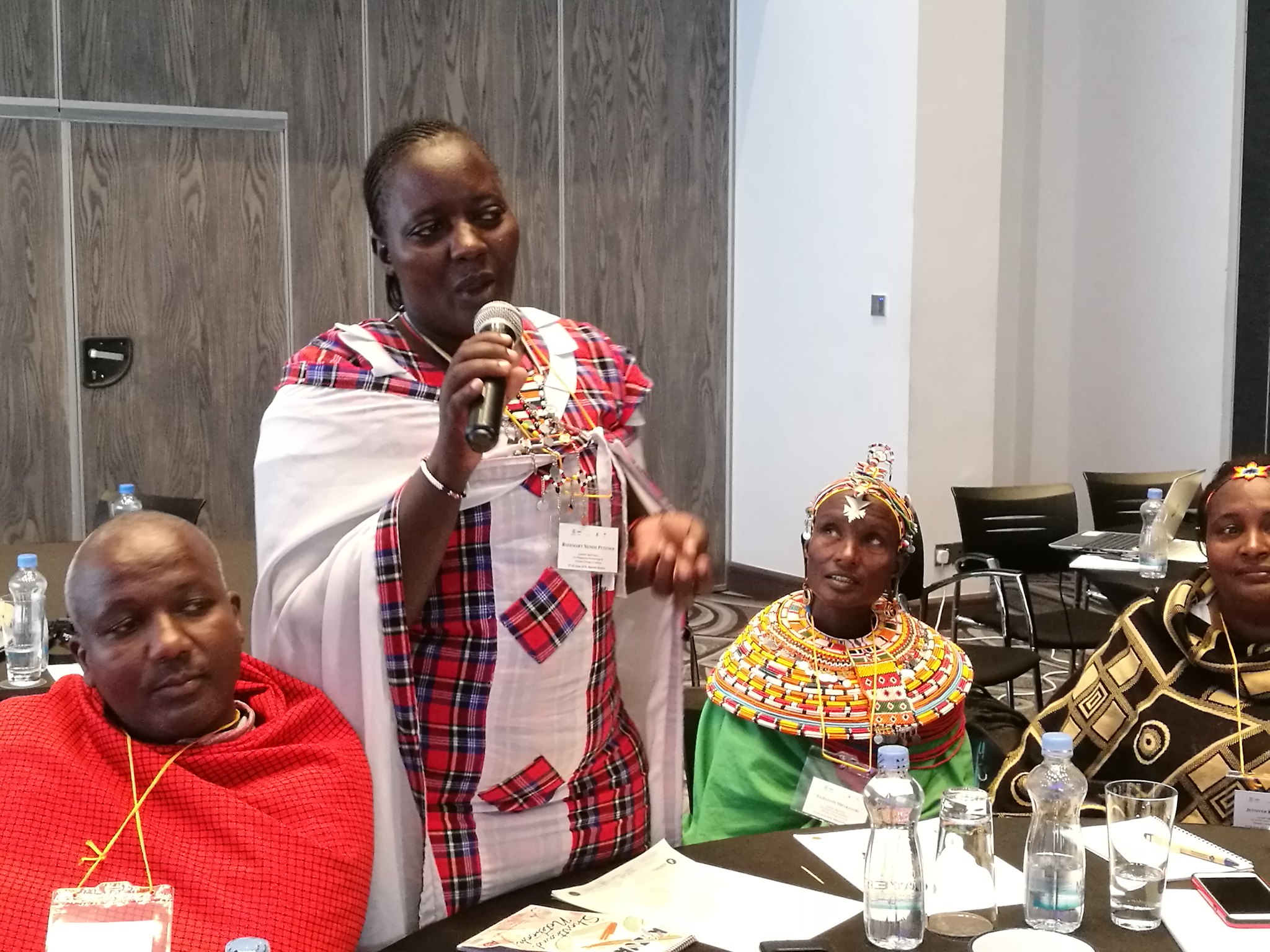
Introduction
There is a growing interest in documenting Indigenous and Local Knowledge (ILK) for its intrinsic heritage value and its practical use in potentially supporting relevant and locally acceptable climate change adaptation. Though a great deal of empirical research has been devoted to ILK, this type of knowledge has not yet been adequately articulated in adaptation and mitigation planning, especially in the global south.
The challenge to ILK is in its preservation and transmission, together with a demonstration of its effectiveness. At the same time, the knowledge deficit on climate risk is compounded by the limited capacity of modern knowledge systems to capture the local context and community values and aspirations. This poor articulation of local needs and expectations hinders the increased use of seemingly adequate scientific-led technologies. The tension between the two knowledge systems suggests the need for climate strategies to combine, in a balanced way, both traditional and modern knowledge, particularly where they complement each other.
This article focuses on case studies across Africa where the deployment of ILK is linked to reductions in poverty or vulnerability to climate change, and it reflects on the overall outcomes for climate change adaptation. It documents evidence of the ILK’s potential in reducing vulnerability to climate change and/or improving the resilience of communities. The study also reflects on major barriers that hinder the improved mainstreaming of ILK into adaptation strategies and suggests some measures to protect indigenous peoples’ interests and stop “side-lining and marginalising ILK as negligible or insignificant”.
This weADAPT article is an abridged version of the original text, which can be downloaded from the right-hand column. Please access the original text for more detail, research purposes, full references, or to quote text.
Methodology
This article deploys two approaches:
- A literature review to capture insights on ILK, based on selected academic literature published in peer-reviewed journals;
- Case studies that assessed the reliance of ILK forecasts or that indicated the climate indices or hazard forecasts.
Combined, these two approaches cater for a greater understanding of how ILK is being used in support of climate change adaptation.
ILK for climate adaptation
The results section of the article summarises ILK adaptation types and responses as identified in the study in Table 1. It demonstrates how African communities use ILK to predict weather and climate hazards and points out the role of these predictions in decision-making that is key for climate adaptation. It also provides some quantified insights into how smallholders rely widely on ILK for farming-related decisions. Key findings include:
- For shorter-term predictions linked with climate variability, ILK of the natural environment has proven helpful for farmers and pastoralists as early warning and alert signs. In sub-Saharan Africa, established forms of ILK include observations of and inferences drawn from animal behaviour, cloud type and cover, and specific vegetation phenomena. The early-warning alert signs, or indicators have been useful in specific contexts for predicting weather conditions and/or climatic impacts, including the onset of rains, rainfall yield (high or low amount of rainfall), and drought. Yet indigenous and local predictions can be in disagreement as demonstrated in some cases.
- The rather high usage and acceptance of ILK, however, at least for weather prediction, might also be explained by a lack of access to science-based weather information or time-delayed dissemination of such forecasts. For example, in Borana, Ethiopia, ILK weather forecasting was the main source of weather-related information used by 97% of the farmers and pastoralists. The complementarity of indigenous and modern sources of climate-related information is a challenge.
- Concerning longer-term predictions linked with climate change and its impacts, the majority of the ILK fore-casts in the case studies predicted the onset of rains, season quality, and length, but only a few offered long-term climate hazard predictions.
Discussion
ILK-based adaptation practices are difficult to upscale due to inherent cultural and geographical boundaries. Transformative adaptation recognizes the importance for departures from business-as-usual approaches to more systematic responses to climate change and management of unavoidable climate risks. Integrating ILK in overall adaptation efforts may be helpful in supporting superordinate transformative action by empowering local communities and facilitating community buy-in, which is important in raising the acceptability of specific climate change adaptation procedures.
Despite the recognition of ILK in some science-policy processes (e.g. Intergovernmental Science-Policy Platform on Biodiversity and Ecosystem Services and the Convention on Biological Diversity), the need for improved integration of ILK and scientific knowledge in such processes is still limited. Many National Adaptation Plans (NAPs) recognize the need to integrate ILK and explicitly list this in the official documents. However, it is unclear how this is translated into concrete projects and initiatives on the ground.
There is a growing consensus among climate scholars and development practitioners that research on climate change adaptation should not rely on “Western” knowledge alone, and the engagement of diverse knowledge systems is crucial for effective and context-specific climate adaptation planning.
The authors outline three shifts that could help to transform climate research approaches to be more inclusive:
- A change of the programmatic mindset that guides most scientific work is required. The change would allow scientists to reconsider what “science” means and what can be labelled as scientific outcomes. Climate research is exclusionary, framed by Western science-based approaches, and though traditional knowledge does follow the same path, this knowledge system is grounded on careful observation of environmental changes that indigenous communities have relied on for many decades to cope with climate challenges.
- Limited funding flows to climate research in general, and more specifically to local knowledge evidence in the global south, is a major barrier. A recent study on thematic prioritization of funding for climate change research in Africa shows that while institutions from the global north—principally Europe and North America—received 78% of funding for climate research, African institutions received only 14.5%. Most local and indige- nous knowledge is generated in the global south—Africa, Latin America, and Asia—and this funding discrepancy means that climate-related local knowledge is not fully captured in climate research to create space for the integration. This suggests that funding bodies need to set more dedicated allocations for docu- menting the practical integration of local knowledge.
- The integration of local knowledge/indigenous knowledge and scientific knowledge should not just be seen as a combination of the two knowledge systems. The integration should be part of a more complex co-production process where climate scholars and local/indigenous communities interact effectively and are interested in questioning how local knowledge resonates in the scientific framing or vice-versa. This co-operation calls for an ethical shift, humility from both “scientists” and local communities for mutual learning with no “asymmetry of power” that gives one group more power to determine the direction that the co-operation takes.
Conclusions and lessons learnt
- Greater effort is needed to better integrate ILK with modern climate change adaptation strategies. This would be likely to lead to more effective responses.
- In order to yield the expected benefits, ILK should be compatible with the socio-cultural context of the community where it is used, since local circumstances may vary.
- There is a need to build the capacity of both rural communities and relevant government agencies to complement the use of ILK with climate change strategies, and so maximize its contribution to the effective implementation of climate change policies.
Suggested citation
Leal Filho, W., Wolf, F., Totin, E., Zvobgo, L., Simpson, N.P., Musiyiwa, K., Kalangu, J.W., Sanni, M., Adelekan, I., Efitre, J., Kwabena Donkor, F., Balogun, A-L, Rui Mucova, S.A., Yayeh Ayal. D. (2022). The role of indigenous knowledge in climate change adaptation in Africa. Dev Policy Rev. 2023;41:e12664. doi: 10.1111/dpr.12664
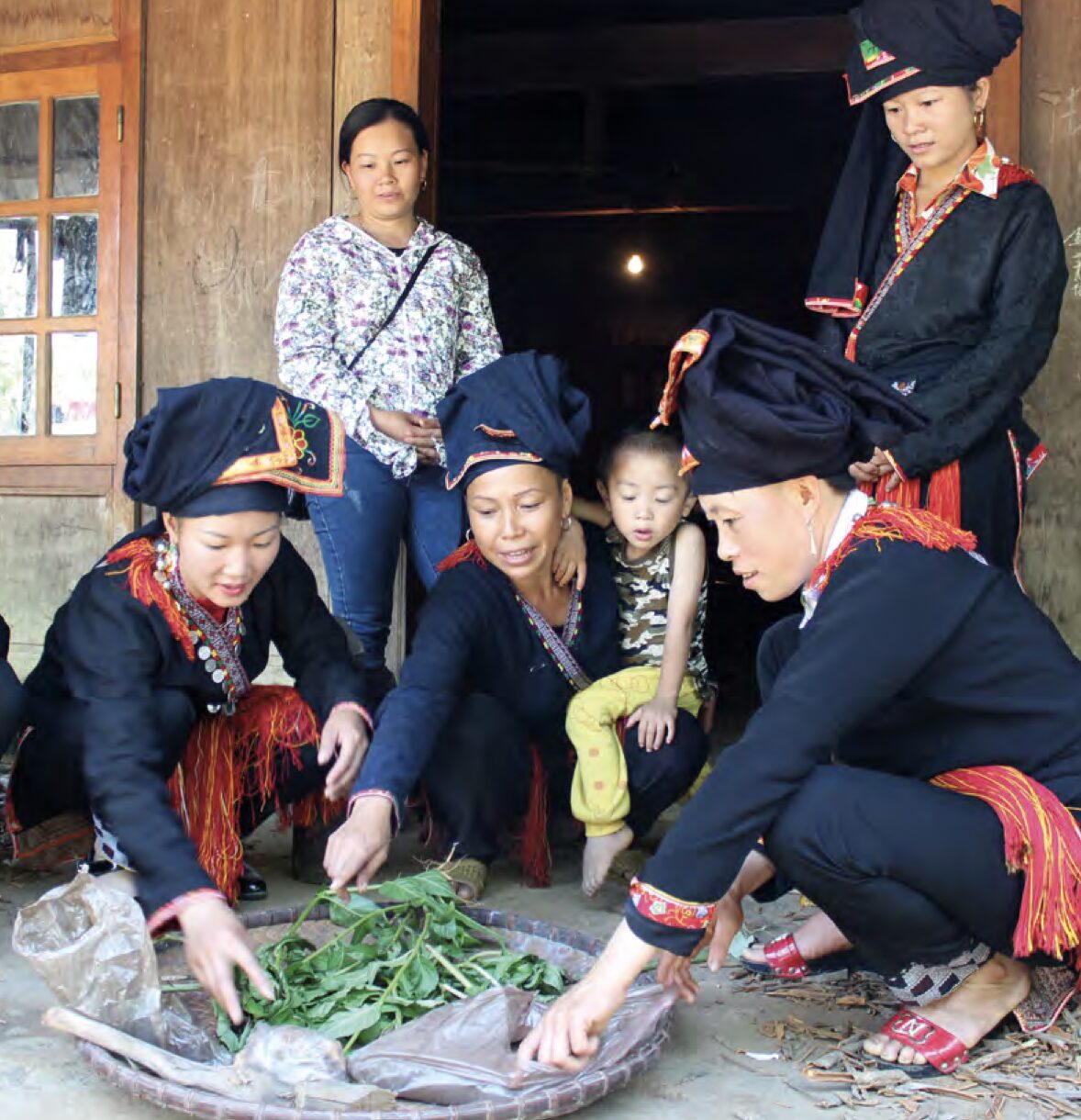
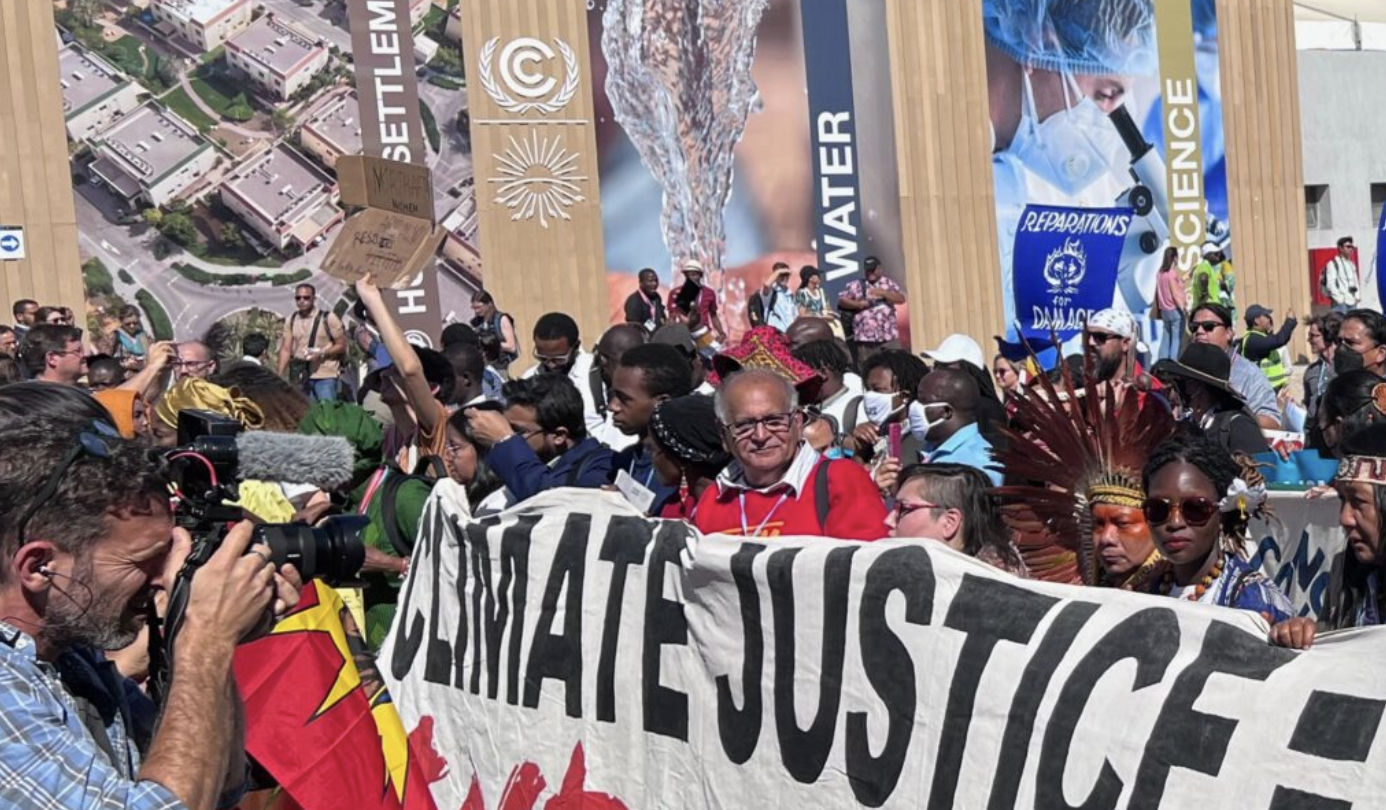
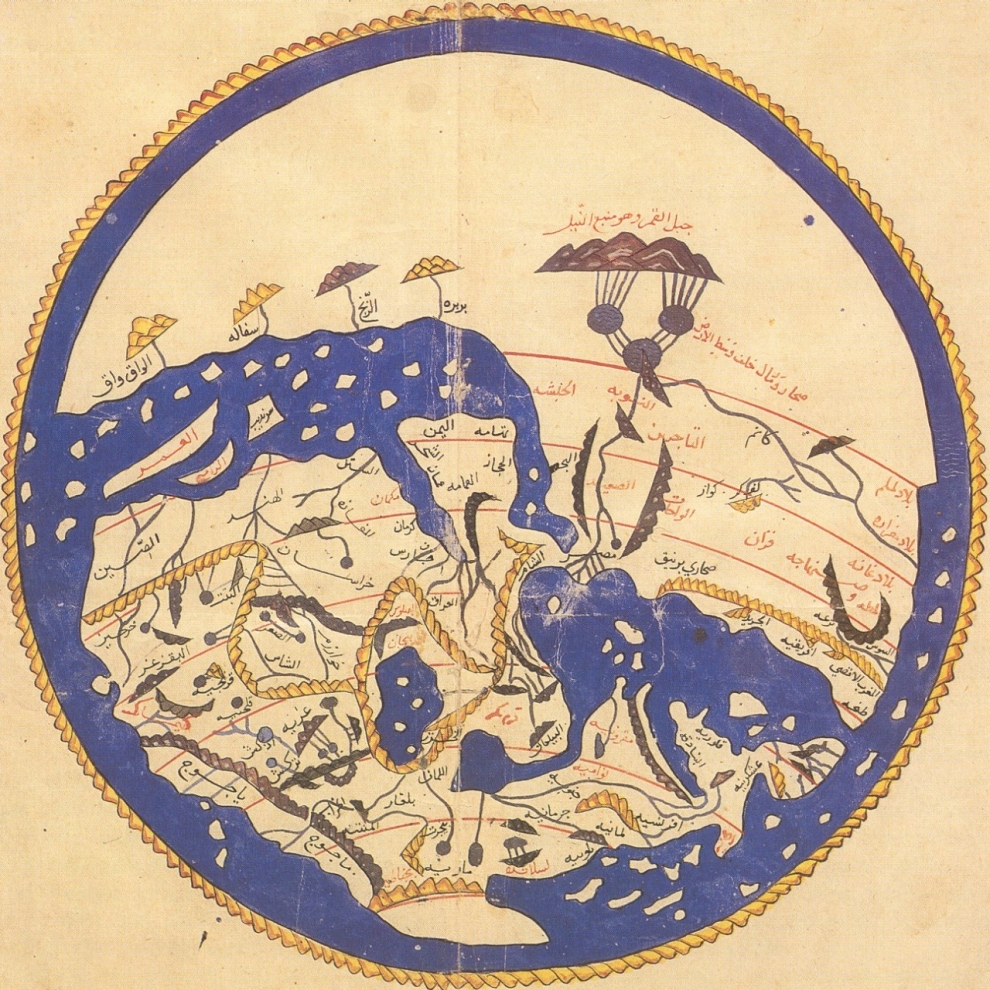
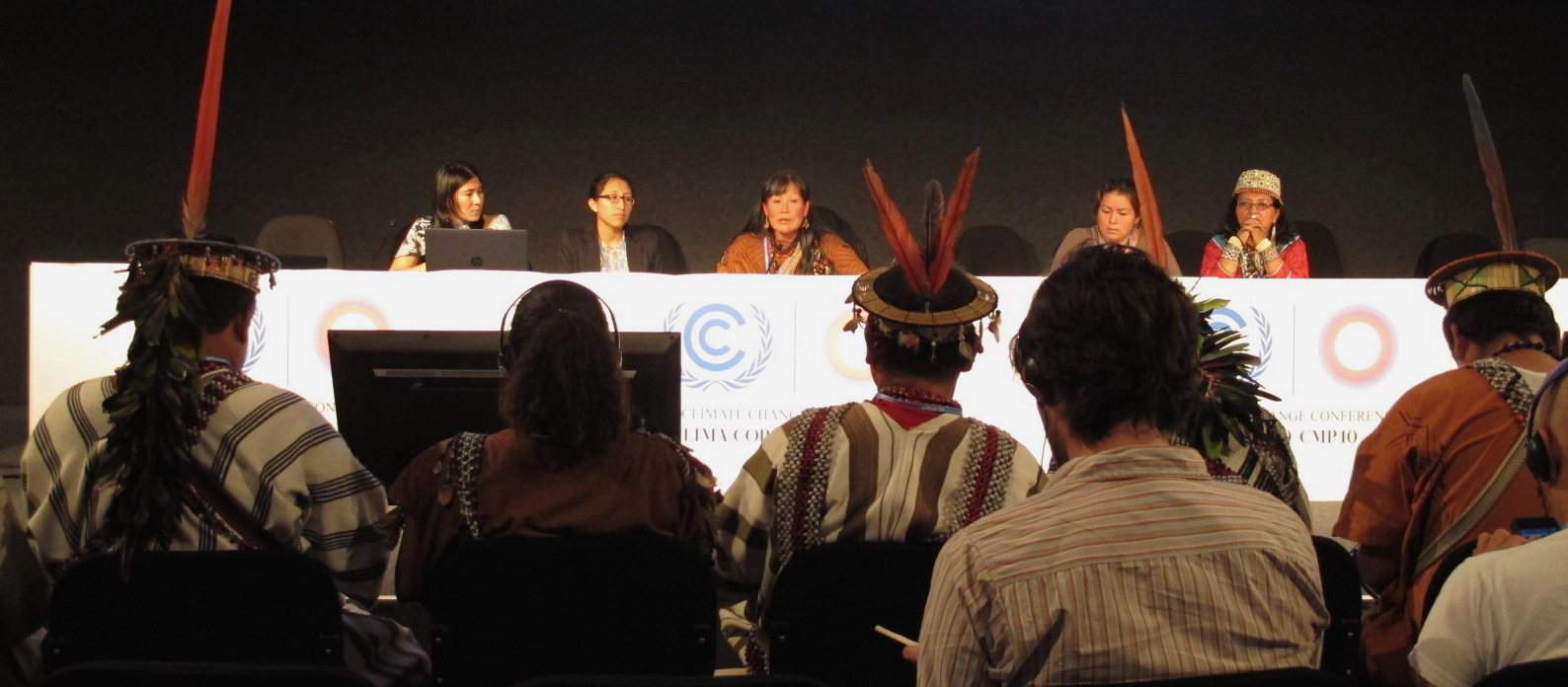
(0) Comments
There is no content